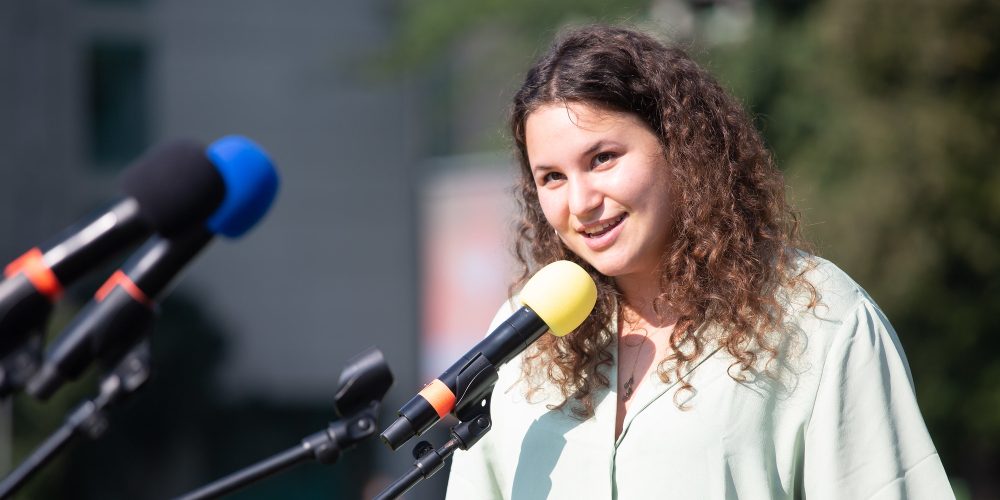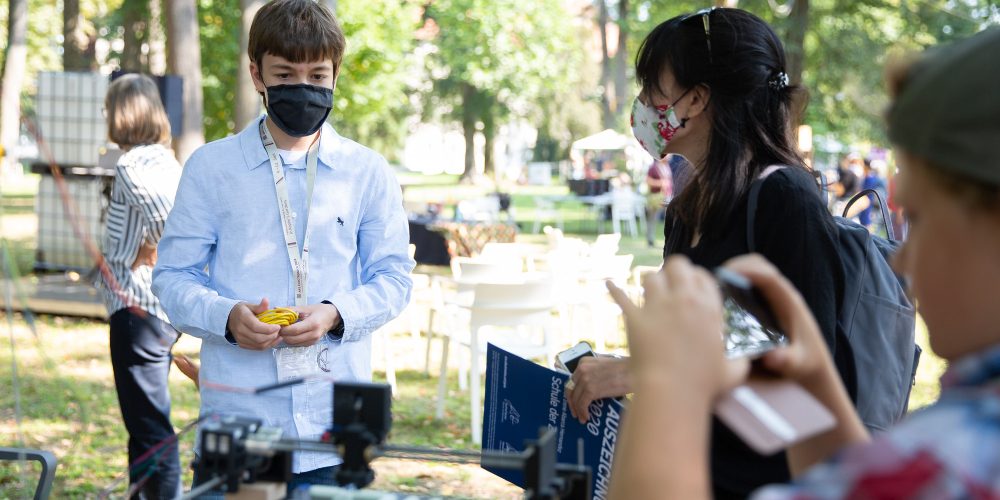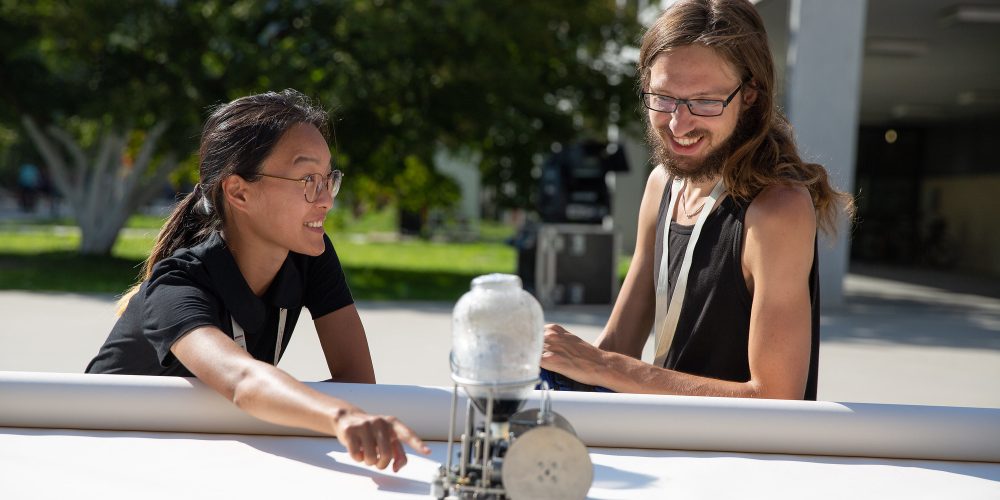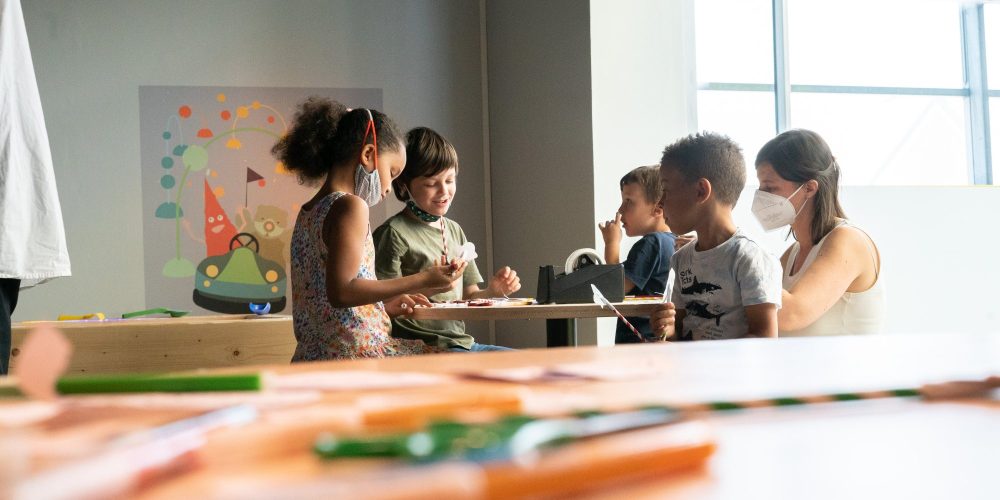
2021
-
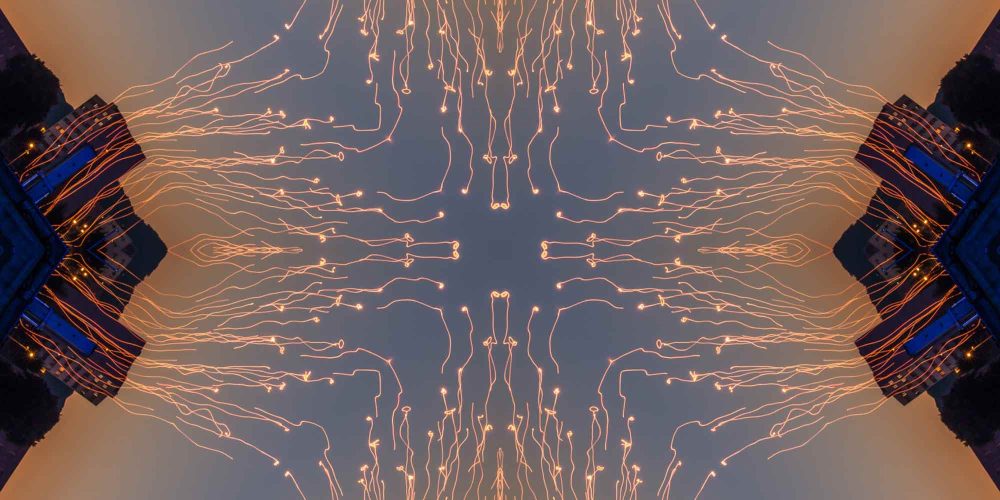
The Art of Swarms
The Spaxels were just the beginning of a long journey into the future of the Ars Electronica Futurelab
-
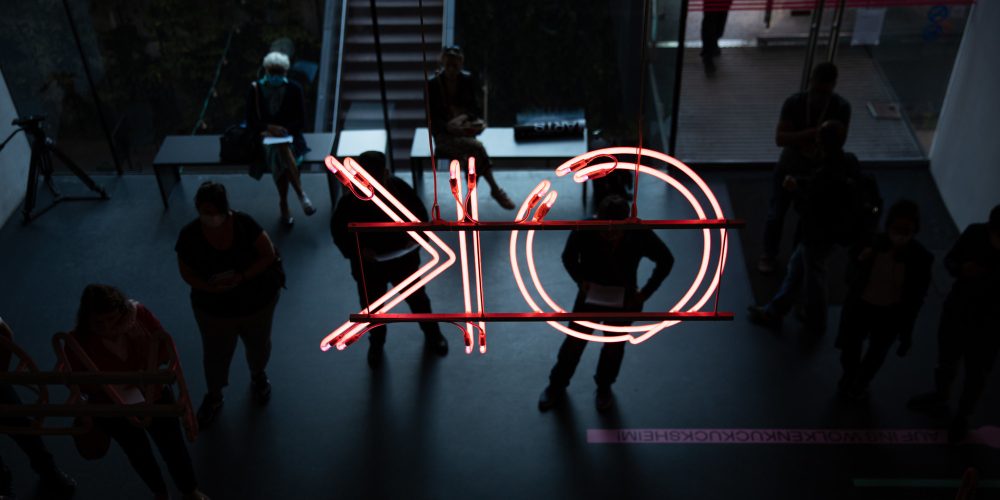
At the Pulse of Time
In 1987, the Prix Ars Electronica, one of the world’s most important competitions for media art, was launched. Every year at the Ars Electronica Festival, the best works can be admired in the CyberArts exhibition. This year, again.
-
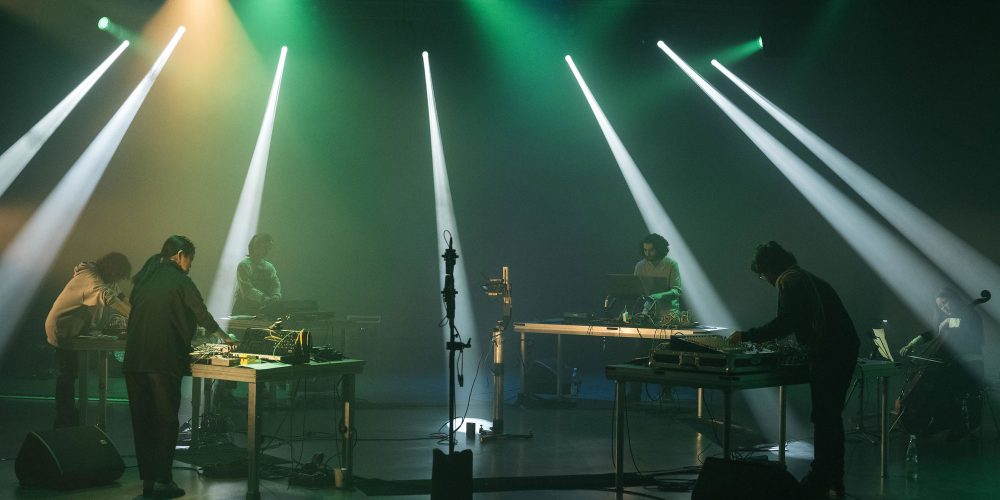
Prix 2021: Exploring and composing music worldwide
Exploring new sounds – with great joy in experimentation and a healthy dose of passion.
-
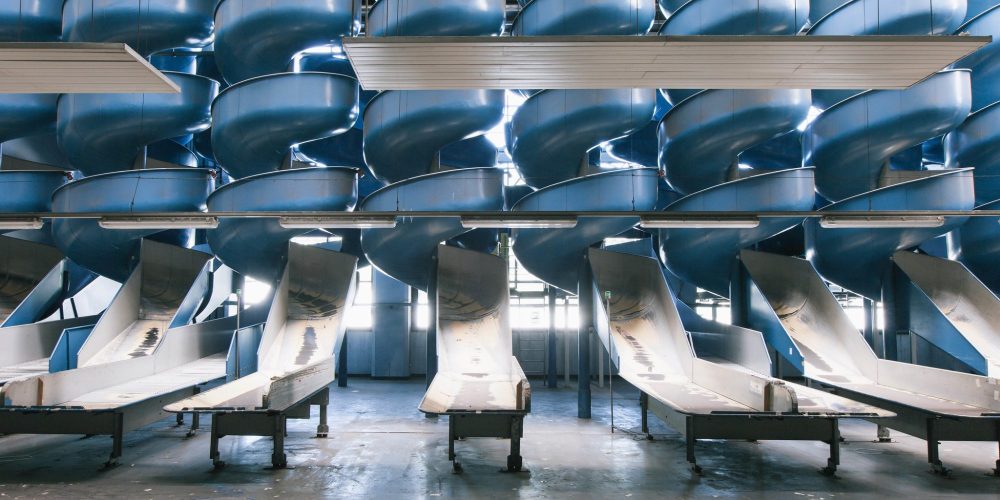
Throwback: In Search of a new Festival location – The POSTCITY
With the Ars Electronica Festival 2021 at Johannes Kepler University being around the corner, let’s take a look back at the location that re-invented the Festival as a platform – the POSTCITY.
-
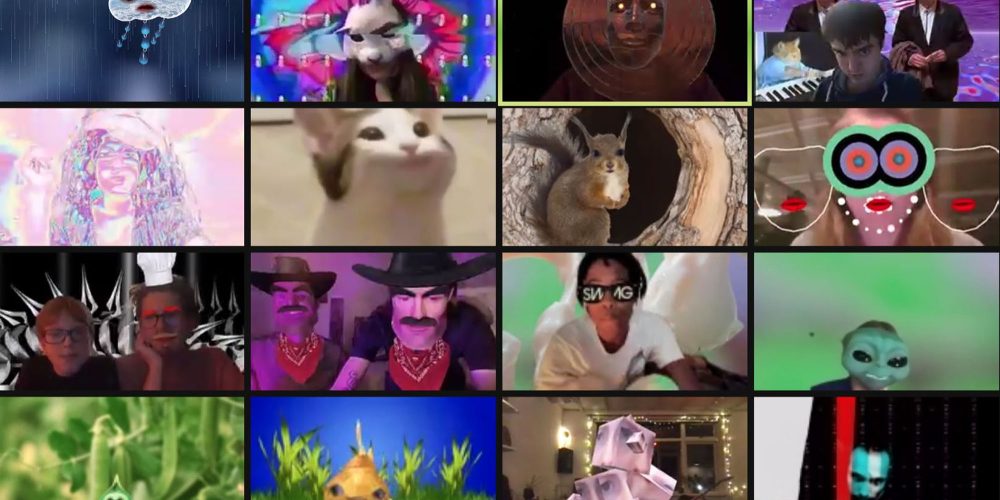
Inside Festival 08
Veronika Liebl and Kristina Maurer dedicate the eighth episode of “Inside Festival” to the topic of “New Realities“. They present two projects from our Festival Gardens and an artistic project and give us a sneak peek into the create your world program.
-

Prix Ars Electronica: What were the trends in 2021?
Since its foundation in 1987, the Prix Ars Electronica has always served as a trend barometer and platform for the collection of current and future visions of artists on the theme of “Art, Technology and Society”.
-
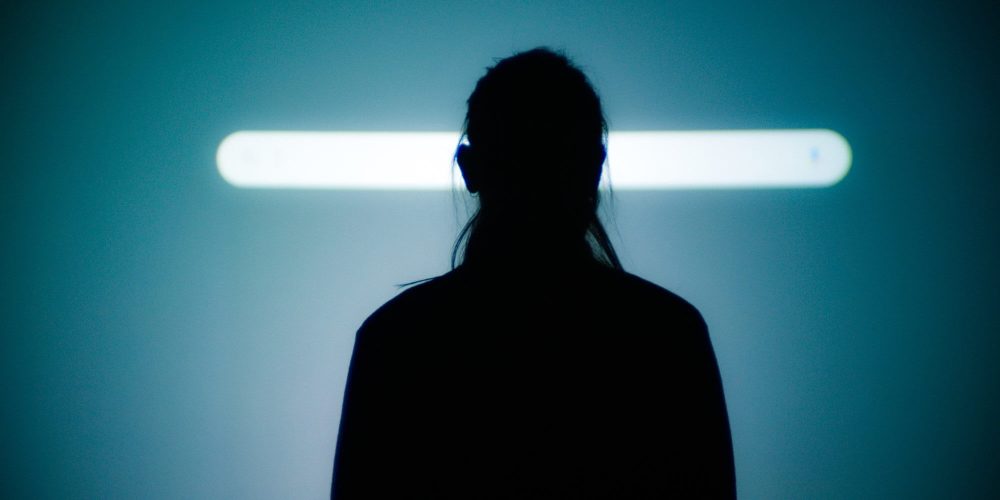
Take this: The New Digital Deal! (2/2)
Even more numerous, even more exciting and even more diverse: Here comes Part Two of the highlights of the Ars Electronica Festival 2021.
-
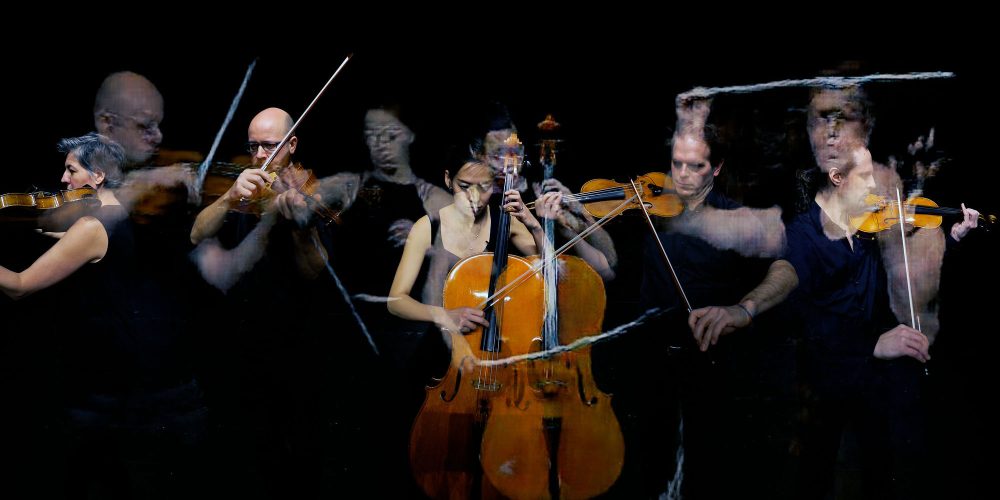
Prix 2021: Musicians face the new reality
The reality as we experience it around us, we create ourselves. It is constructed and at the same time changeable and unstable.
-
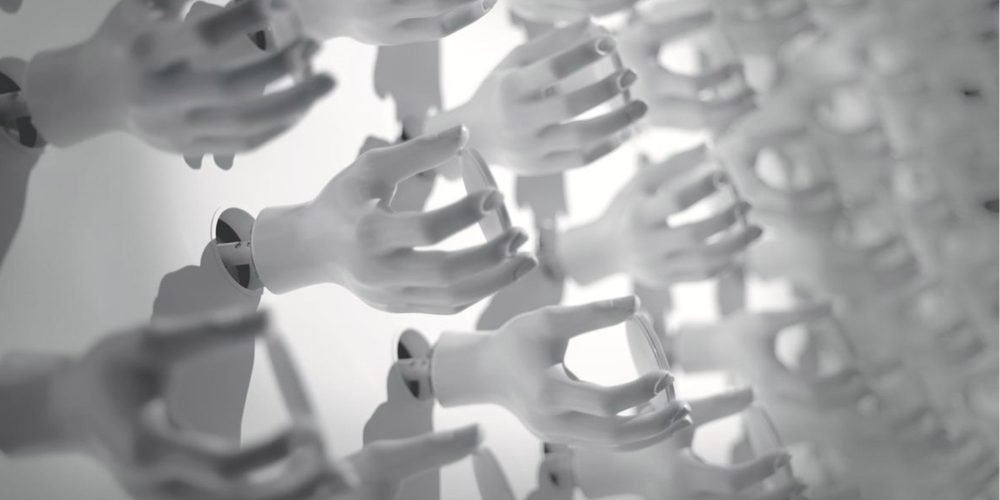
Who owns the world?
Some people think Alexa and Siri only listen when they’re supposed to. Others go to Ars Electronica.
-
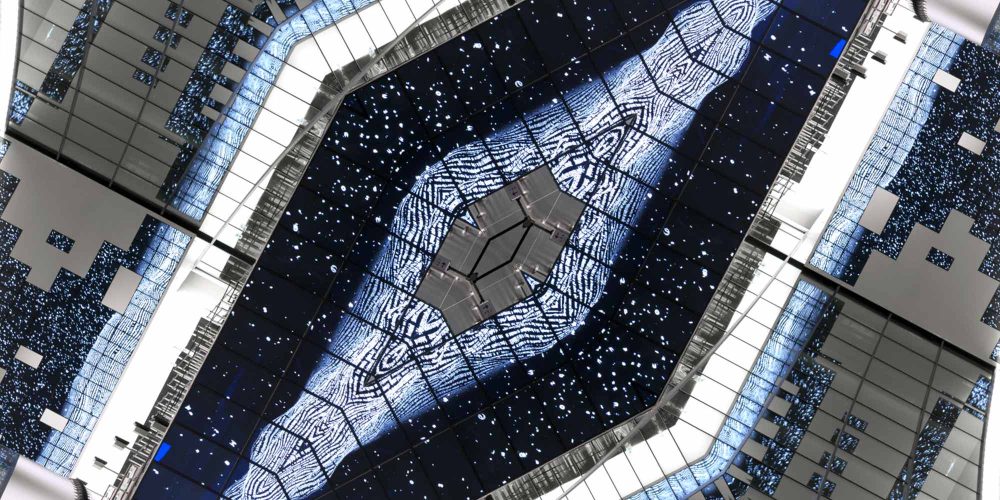
Poetic Systems
How art can make complex structures tangible
-
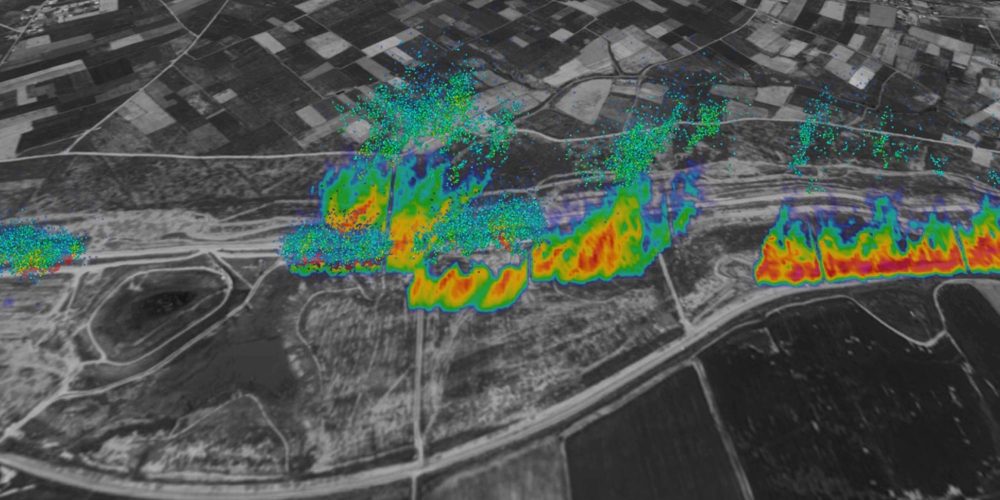
Prix 2021: “Cloud Studies” – When clouds tell stories
Clouds have been telling us all kinds of stories for ages. With the project “Cloud Studies”, the collective “Forensic Architecture” once again looks up to the sky and uses technological tools to re-read clouds of smoke, poison and gas.
-
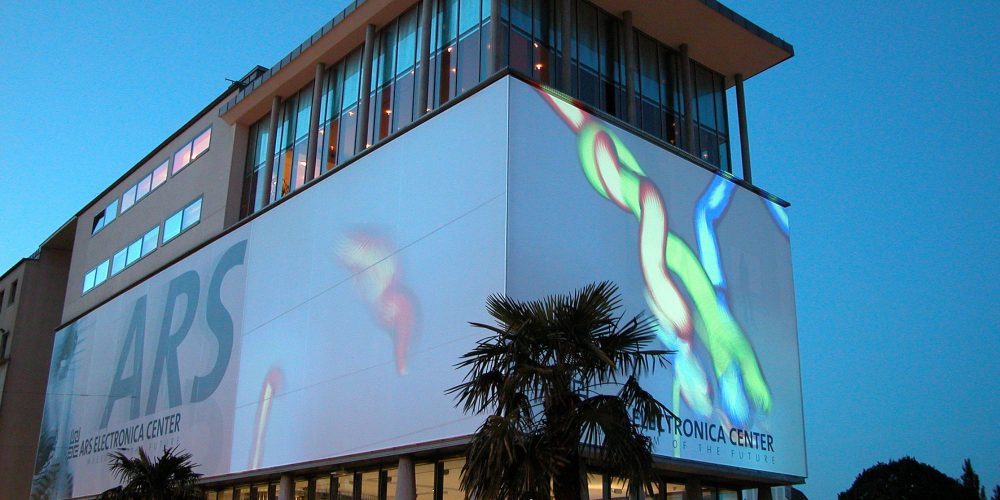
Throwback: The Museum of the Future
1996 was a major turning point for Ars Electronica as an institution. For around four years a background process had been underway to fundamentally change Ars Electronica: the creation of the Ars Electronica Center.
-
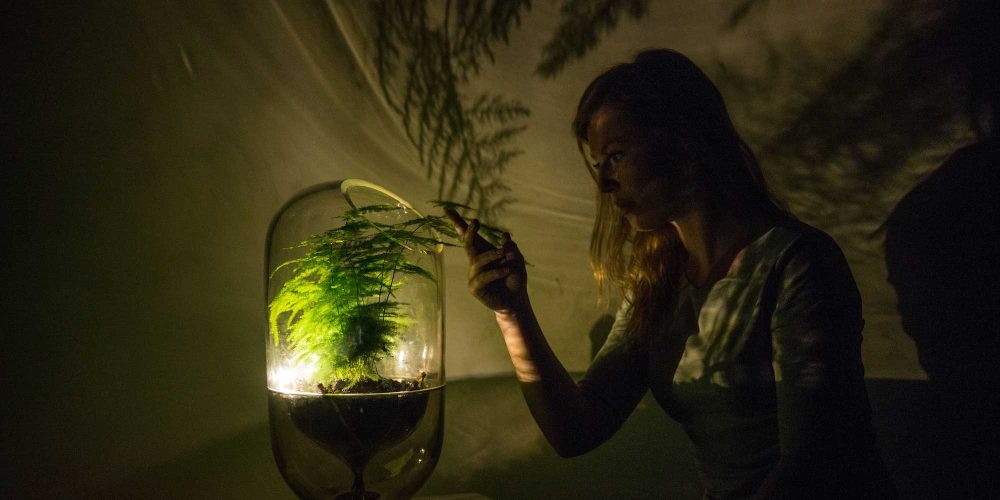
Some people think 2°C is no big deal…
…others go to Ars Electronica. We present you a selection of projects and gardens that deal with questions around the topic of ecology.
-
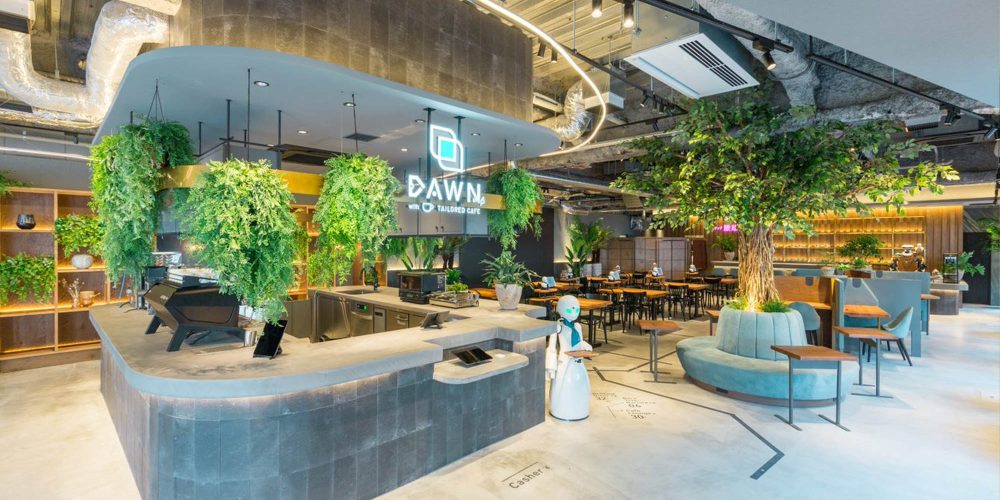
Inside Festival 07
Christl Baur, Head of Ars Electronica Festival and Maaya Makino, Garden Manager, Ars Electronica dedicate the seventh edition of “Inside Festival” to the topic of “Robotinity” and present a total of four projects that addresses this topic.
-
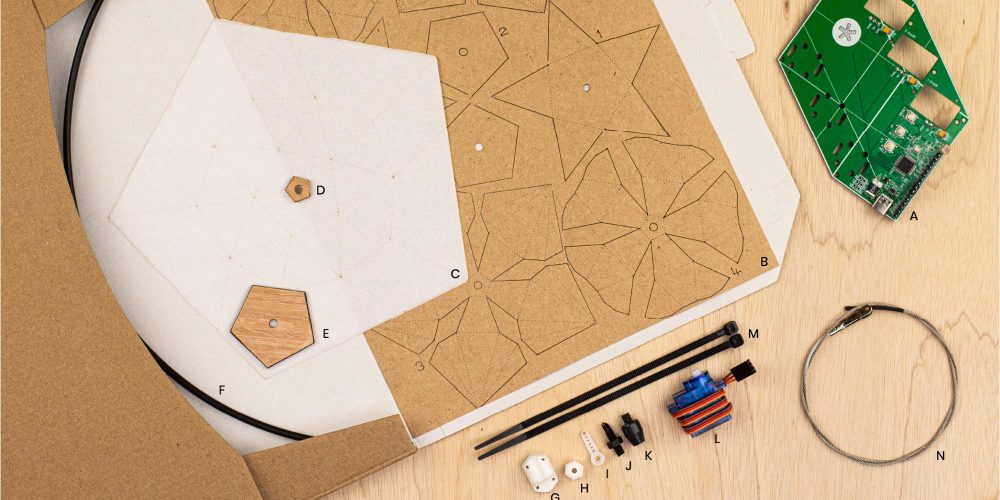
ORIBOKIT™ How to build robotic origami
With Oribokit™, a DIY kit for origami robots, Matthew Gardiner aims to collectively cross the boundaries between art and science towards the future.
-
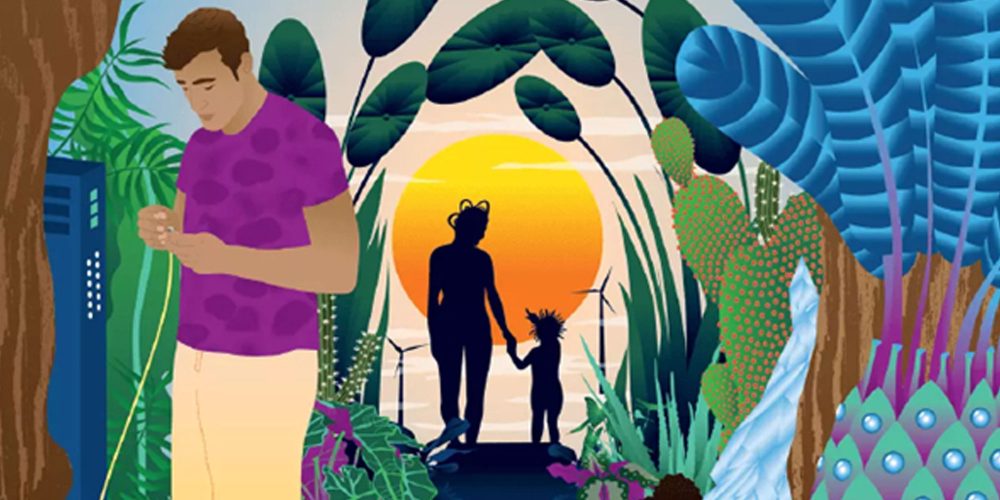
Prix 2021: Sustainable and fairer Internet for everybody
Can artificial intelligence help us become more environmentally sustainable? How can we reduce the growing energy requirements of cryptocurrencies? And how can we free the IT sector from fossil fuels?
-
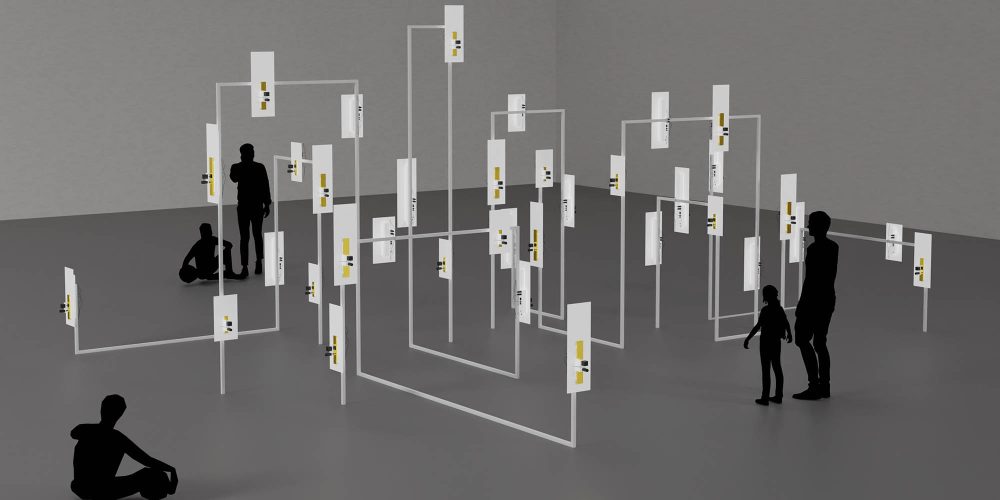
Inside Festival 06
Christl Baur, Head of Ars Electronica Festival and Hannes F. Franks M.A. Producer Performances, Ars Electronica dedicate the sixth edition of “Inside Festival” to the topic of “Sound Experiments” and present a total of six projects that addresses this topic.
-
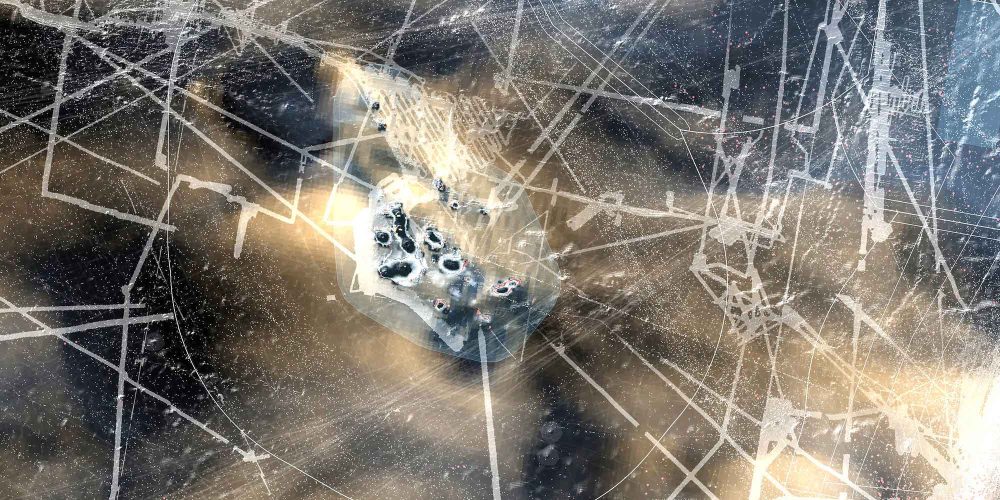
Ars Electronica Festival 2021: A “New Digital Deal” is Needed! (1/2)
From Festival University to Pre-Opening to Innovation Day: these are the highlights of the first days of the Ars Electronica Festival 2021 – A New Digital Deal!
-
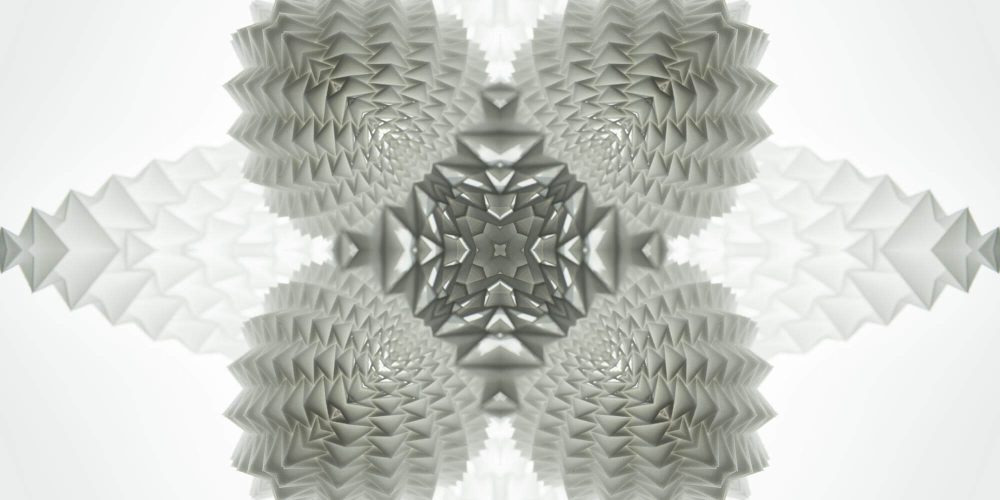
Computation and Beyond
How can we inspire people to actively design our common future?
-

Inside Festival 05
Veronika Liebl and Karla Spiluttini take a look at the microcosm and macrocosm on the basis of some of the projects that will be shown at the Ars Electronica Festival 2021.
-
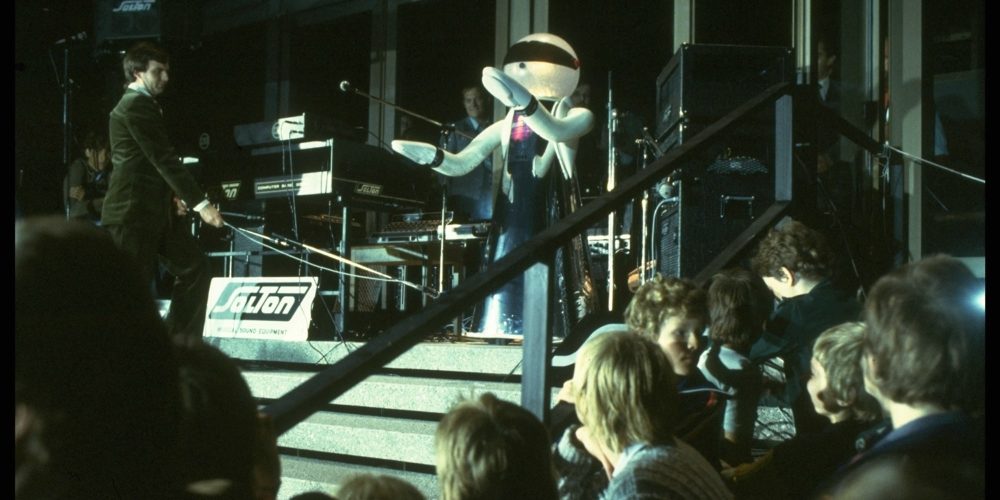
Throwback: The first Ars Electronica Festival
On September 18, 1979, the very first Ars Electronica Festival saw the light of day and laid the foundation for the Ars Electronica success story.
-
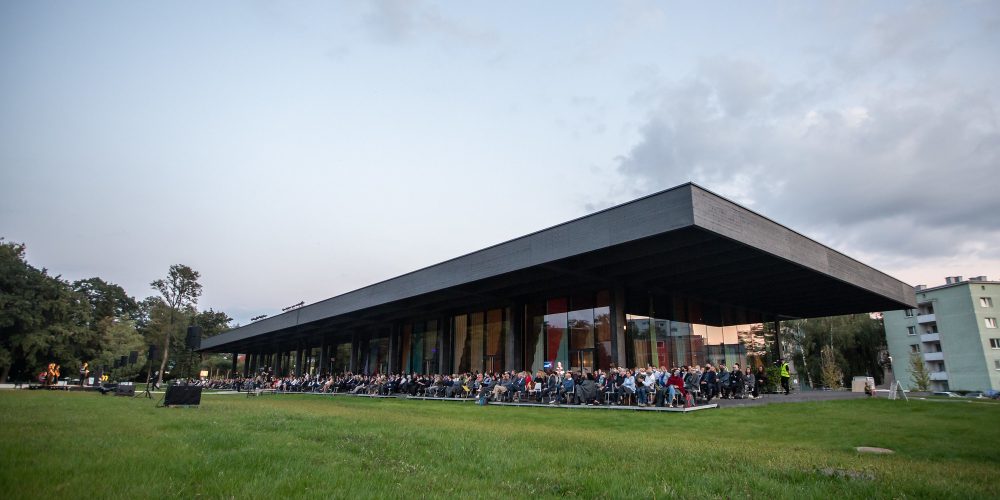
Community Project: Symphony of Absence
A “Symphony of Absence” in the Keplerhall is meant to remind of all those celebrating their own festivals outside of Linz.
-
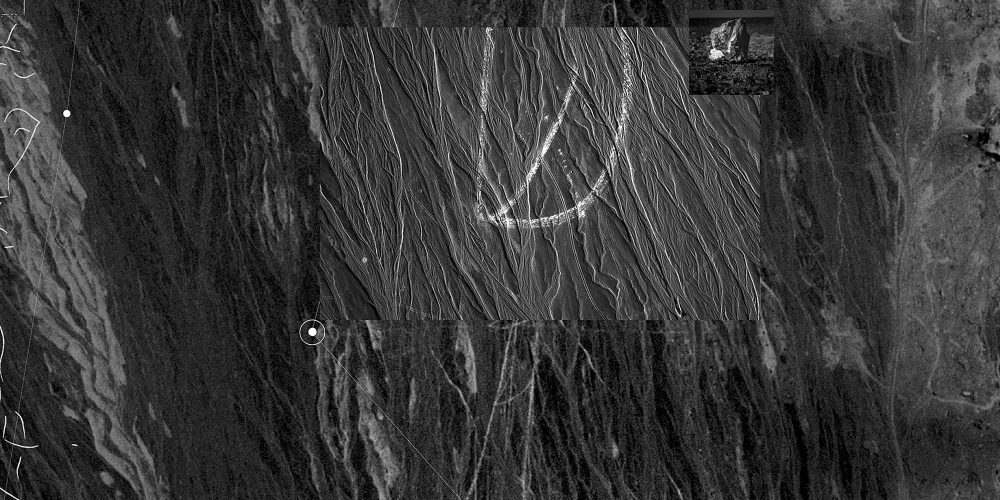
Inside Festival 04
The topic of “Critical Journalism” is the focus of the fourth edition of Inside Festival with Veronika Liebl and Andrew Newman.
-

Digital Humanism: Teaching and learning through an artistic lens
Education is one of the core aspects of the European Platform for Digital Humanism, which is only natural, as historically education has always been fundamental to what we understand humanism to be.
